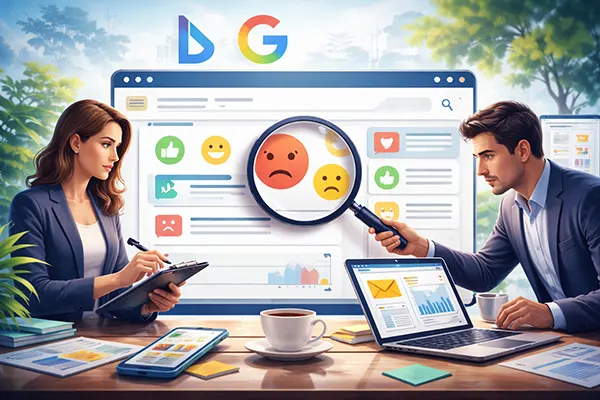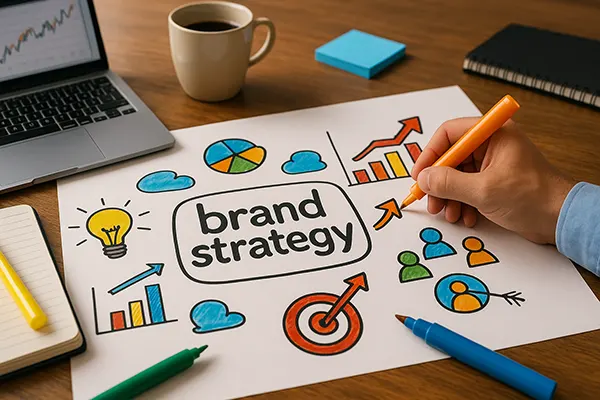
Sustainable Black Marketing: How to Reduce Legal and Reputational Risks in Aggressive Strategies
Black marketing strategies have long attracted businesses looking for rapid market entry and dominance, yet they carry inherent risks. In 2025, regulators, digital platforms, and consumers are more vigilant than ever. Companies that apply aggressive techniques must find ways to achieve short-term impact while avoiding legal penalties and reputational collapse. This article explores how organisations can balance efficiency and ethics, navigate legal frameworks, and design sustainable campaigns that minimise the chance of sanctions.
Balancing Aggression with Ethical Responsibility
Modern markets reward speed and boldness, but these qualities can quickly turn destructive without ethical boundaries. Aggressive messaging or manipulative campaigns can generate rapid attention but also provoke backlash from regulators and the public. By embedding ethical responsibility into strategy design, businesses protect themselves from scrutiny and build long-term resilience.
A key factor is transparency. Even when using unconventional approaches, companies should ensure claims can be verified and that misleading practices are avoided. In Europe, for example, consumer protection laws explicitly target manipulative digital advertising, meaning that businesses cannot afford to rely on exaggeration or hidden terms.
Finally, sustainable black marketing requires moderation. Aggression should be limited to competitive positioning or tactical disruption, rather than crossing into deception. This balance allows firms to maintain their edge without risking exclusion from major markets or advertising channels.
Practical Tools for Ethical Aggression
Clear risk assessments help teams identify which elements of a campaign may raise red flags. Companies often use internal compliance checklists before rolling out ads, ensuring that content complies with both advertising standards and consumer law. This approach prevents regulatory fines that can cripple a brand’s growth.
Another effective measure is stakeholder testing. By sharing early versions of campaigns with focus groups or industry experts, companies receive feedback on potential ethical issues before they escalate. This step reduces the likelihood of negative media coverage and reputational harm.
Lastly, continuous training of marketing teams is essential. Staff must remain aware of evolving laws in different jurisdictions, particularly as enforcement bodies across Europe, North America, and Asia are expanding their powers in 2025 to tackle deceptive advertising more aggressively.
Understanding Legal Frameworks Across Jurisdictions
Legal exposure varies significantly between regions, making international campaigns particularly challenging. In the European Union, the Digital Services Act (DSA) and Unfair Commercial Practices Directive (UCPD) place strict obligations on transparency and fairness in advertising. Companies that employ aggressive strategies must be prepared for audits and consumer complaints.
In the United States, the Federal Trade Commission (FTC) continues to prioritise enforcement against misleading online campaigns. Fines can reach millions of dollars, and repeat offenders risk long-term bans from advertising platforms. This means even short-term tactics can have consequences lasting years.
Meanwhile, in Asia, regulators in countries like Singapore and South Korea are tightening rules around online consumer protection. Cross-border campaigns that ignore these frameworks may succeed briefly but will likely face removal or sanctions when detected. Understanding these variations is critical for any sustainable black marketing approach.
Compliance as Competitive Advantage
Rather than treating legal restrictions as barriers, businesses can use compliance as a differentiator. Brands that demonstrate respect for consumer rights and regulatory standards often earn higher trust scores, which can lead to better visibility and stronger relationships with digital platforms.
Companies that integrate legal experts into campaign planning gain an advantage by spotting risks early and adapting strategies accordingly. This proactive approach reduces delays caused by last-minute compliance issues and increases campaign efficiency.
In some industries, especially finance and healthcare, regulators are introducing certification schemes. Businesses that secure compliance seals can use them as proof of credibility, turning legal discipline into a marketing asset rather than a liability.

Structuring Campaigns with Reduced Risk
When designing black marketing strategies, structure is everything. A chaotic approach invites mistakes, while a carefully organised campaign allows for precision and control. In practice, this means dividing campaigns into phases: testing, scaling, and monitoring. Each stage should include checkpoints where legal and reputational risks are reassessed.
Monitoring tools powered by artificial intelligence are increasingly valuable in 2025. These systems can track public sentiment, identify compliance breaches, and flag suspicious activity in real time. By acting quickly on alerts, companies prevent small problems from escalating into scandals.
Another structural safeguard is decentralisation. Rather than relying on a single aggressive channel, spreading risk across multiple tactics reduces the chance that one misstep will lead to catastrophic penalties or bans. A diverse strategy provides stability while still enabling high-impact disruption.
Building Sustainable Aggressive Campaigns
Sustainability in black marketing comes from designing campaigns that can survive scrutiny. Documentation of decision-making, ethical justifications, and compliance checks should be maintained in case of regulatory investigation. This level of preparation reassures both authorities and stakeholders.
Partnerships with external auditors and industry associations further enhance credibility. By voluntarily submitting campaigns for review, businesses demonstrate a proactive stance towards responsible practices, which can mitigate potential penalties if issues arise.
Ultimately, the goal is to combine the impact of aggressive strategies with the durability of ethical and legal compliance. This balance ensures that black marketing remains effective without turning into a self-destructive risk.
Similar news
-
 How Fake Review Networks Operate in 2026: Real ...
How Fake Review Networks Operate in 2026: Real ...Fake review networks have moved far beyond “a few paid …
-
 How Brands Should Handle Negative Mentions in G...
How Brands Should Handle Negative Mentions in G...AI-generated answers in Google and Bing have changed how brand …
-
 Brand Strategy in Times of Change: Building Lon...
Brand Strategy in Times of Change: Building Lon...Organisations entering 2025 face markets shaped by rapid technological shifts, …
